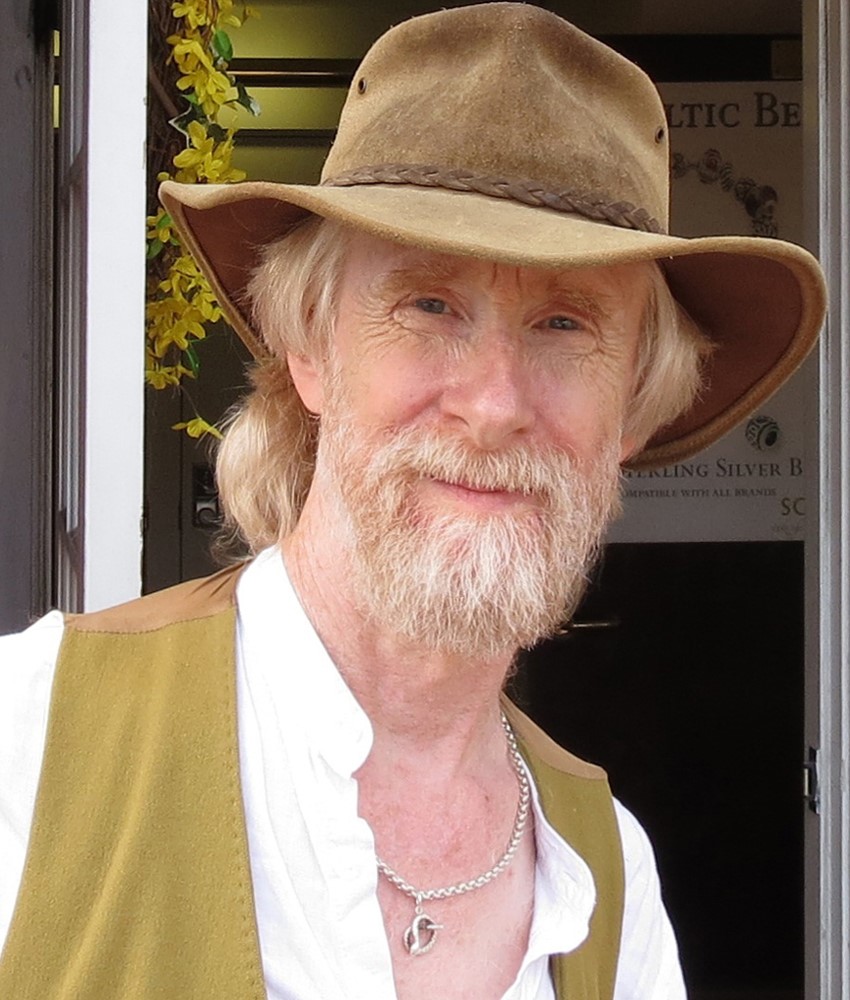
Mark O'Shea
Year of Graduation: 1985 - Course BSc Applied Sciences
- School Wolverhampton School of Sciences
- Nationality British
- Career industry Leisure, research, education
- Current job title Professor of Herpetology
- Current Company University of Wolverhampton
Life-changing! I am Wolverhampton born and bred; I didn't live in halls so I missed out on aspects on student life, but what mattered to me was the education.


/prod01/wlvacuk/media/departments/digital-content-and-communications/images-18-19/iStock-163641275.jpg)
/prod01/wlvacuk/media/departments/digital-content-and-communications/images-2024/250630-SciFest-1-group-photo-resized-800x450.png)
/prod01/wlvacuk/media/departments/digital-content-and-communications/images-2024/City-courtyard.jpg)
/prod01/wlvacuk/media/departments/digital-content-and-communications/images-2024/Nikhil-Seth-honorary-professorship.jpg)
/prod01/wlvacuk/media/departments/digital-content-and-communications/images-2024/241014-Cyber4ME-Project-Resized.jpg)